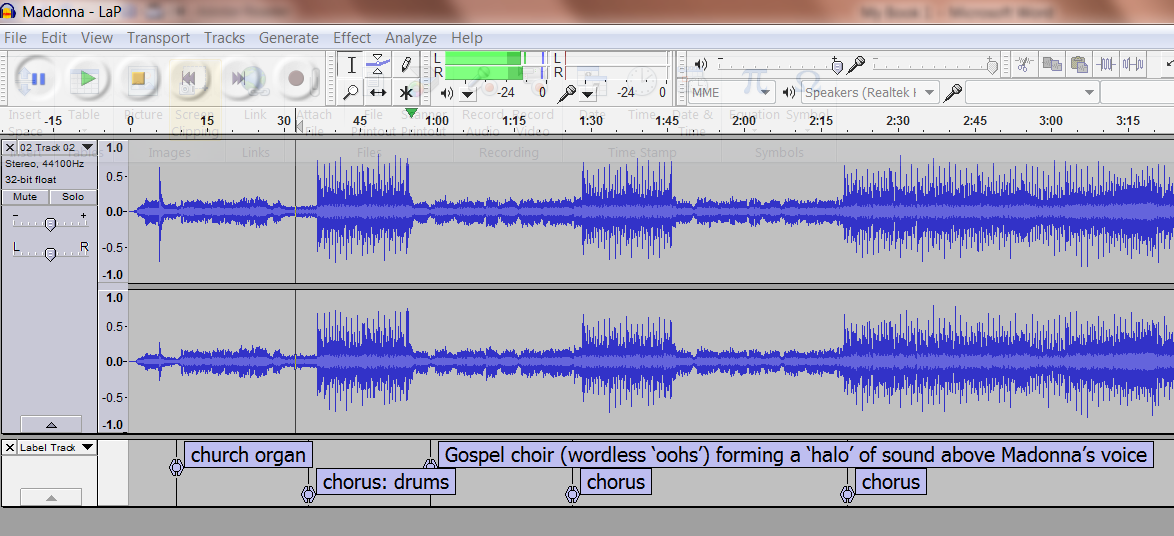Confessions of a Bibliophile
Warning, this blog contains references to books other bibliophiles may find interesting, but absolutely no flash photography.
Block 1 of the introductory module AA100 has many topics, all with potential for the serious bibliophile. Are you also a bibliophile? A simple test: have you now or have you every shelved books at home one in front of the other, or on top of the other. Full obsessive bibliophiles, please do not look at the reference list, called a bibliography in the Arts.
For book 1 in AA100 we are looking at the reputations of Cleopatra, Dr Faustus, Cézanne, Faraday, Divas, Stalin and the Dalai Lama (The Open University, 2008). For very senior strategic reasons we were stripped of Faraday, leaving six book filled opportunities.
Cleopatra, although an assignment topic, was rather low key, the module material managed well enough (Fear, 2008). On the advice of others, I did, however, download a radio broadcast to listen to (Morris, 2010), a tangential move or preamble to a bibliophilic episode, opportunity missed.
Dr Faustus and Marlowe as a topic (Pacheco, 2008) was laden with book buying, both opportunities and threats. First the set book by (O'Connor, 2003 [1604]), a quaintly but cunningly named “A Text”, leaving room possibly for a sequel even the American would understand. But no, I stayed true to the course and kept calm even though there was an assignment and a reflection to be crafted, so hard core Marlowe only from York Notes (Barker, 2012).
I skipped Cézanne, Faraday, and the Dalai Lama, keeping my credit card dry for more important assignment related topics. Stalin, as in life, was irresistible (Montefiore, 2003).
Divas proved to be many faceted and too tempting. Who would have known that the TMA itself would provide a link (Sargeant, 1973), albeit purchased from the transatlantic cousins and not yet arrived. Also reading round the topic a book, borrowed not bought, from the local library (Bakker, 2012).
So far so good. Previewing the next blog, in book 2, philosophy (Warburton, 2011) and essay writing, coincidentally from a philosophy researcher at Durham (Greetham, 2008). Books harm only your credit not your mind.
Bakker, J. (2012). Behind the Rainbow: The Tragic Life of Eva Cassidy: Omnibus Press.
Barker, J. (2012). York Notes - Doctor Faustus. Harlow: Pearson Education.
Fear, T. (2008). Cleopatra. In E. Moohan (Ed.), AA100 The Arts Past and Present - Book 1 Reputations. Milton Keynes: The Open University.
Greetham, B. (2008). How to write better essays, Second Edition (2nd Ed.). London: Palgrave.
Montefiore, S. S. (2003). Stalin - The Court of the Red Tsar. London: Weidenfeld and Nicolson.
Morris, T. (Writer) & J. C. Olivia Seligman, Charlie Taylor (Director). (2010). In Our Time - Cleopatra. In T. Morris (Producer), In Our Time. London: BBC Radio 4.
O'Connor, J. (Ed.). (2003 [1604]). Doctor Faustus - the A text. Harlow: Pearson Longman.
Pacheco, A. (2008). Christopher Marlowe, Doctor Faustus. In E. Moohan (Ed.), AA100 The Arts Past and Present - Book 1 Reputations. Milton Keynes: The Open University.
Sargeant, W. (1973). Divas. New York: Coward, McCann & Geoghegan.
The Open University. (2008). AA100 The Arts Past and Present - Book 1 Reputations (E. Moohan Ed.). Milton Keynes: The Open University.
Warburton, N. (2011). A little history of philosophy. London: Yale University Press.
